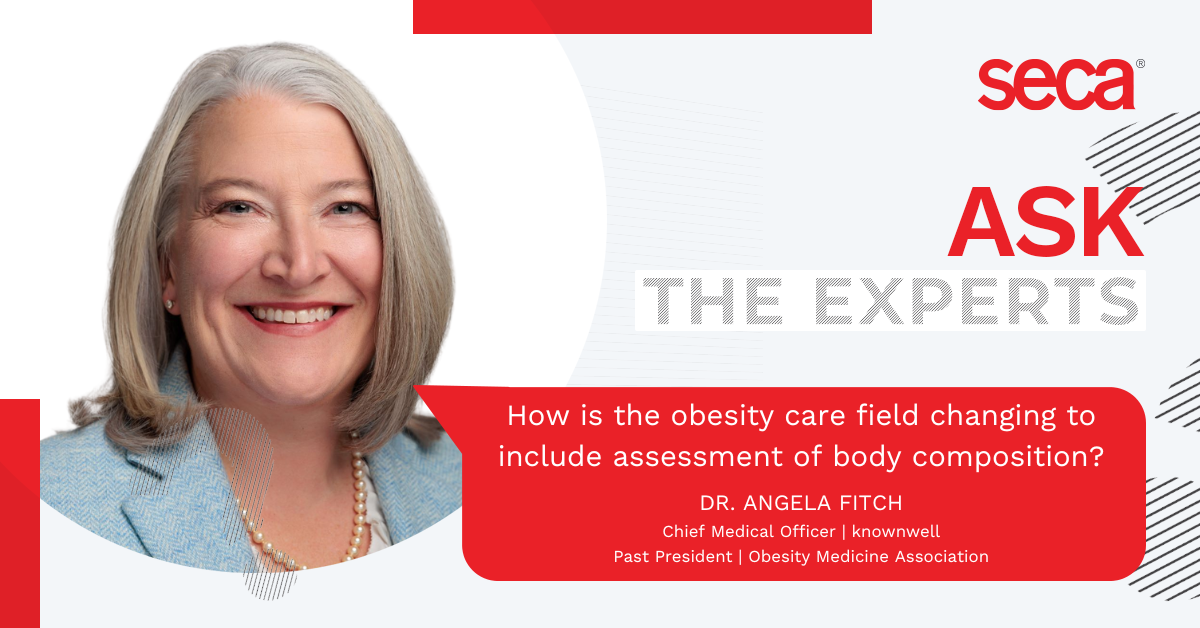Ask the Experts: How Is the Obesity Care Field Changing to Include Assessment of Body Composition?
The field of obesity care is evolving to include comprehensive body composition assessments, examining aspects like fat mass, fat-free mass, and total body water. These assessments give healthcare providers a more accurate understanding of a patient’s health, enabling them to tailor treatment plans effectively.
Preserving muscle mass, a key part of fat-free mass, is crucial for metabolic health, as it significantly contributes to resting energy expenditure. Maintaining muscle mass helps keep a higher metabolic rate, essential for effective weight management. During obesity treatment, it’s vital to focus on reducing fat mass while preserving muscle to ensure long-term metabolic health. While no strict guidelines exist, it’s generally acceptable for fat-free mass loss to be around 25% or less of total weight loss, helping providers maintain a healthy balance between fat and muscle loss.
This shift towards incorporating body composition assessments allows for more personalized interventions. By understanding a patient’s specific body makeup, healthcare providers can develop tailored plans that optimize metabolic health. For instance, a patient with high visceral fat may benefit from targeted diet and exercise interventions, while those with low muscle mass can be guided towards resistance training to build and maintain muscle.
Assessing body composition also enhances patient education and motivation. When patients see detailed information about their body composition, they better understand their treatment plans and stay committed to their health goals. Visualizing changes in fat and muscle mass provides tangible evidence of progress, boosting motivation and adherence to prescribed interventions. This holistic approach ensures that patients lose weight and achieve a healthier, more balanced body composition.
In summary, the evolving field of obesity care now includes body composition assessments, providing a more detailed understanding of an individual’s health. This shift not only optimizes metabolic health but also enhances patient motivation, leading to better long-term outcomes in obesity management.
Recommended Episodes
Episode 49: Wellness, Weight Management, and White Lotus
In this episode, Dr. Nina Crowley and Jeannie Boyer, RD, explore body composition analysis, its role in holistic obesity care, and the shift from traditional weight loss models to personalized health strategies. They also break down White Lotus’s take on body composition! Listen now for a fresh perspective.
Watch episodeEpisode 48: Looking at the Lancet Report on Clinical Obesity from the Patient POV
Sarah Le Brocq joins In the Know with Nina to discuss the Lancet Commission’s recommendations for redefining obesity diagnosis. The conversation explores moving beyond BMI, using body composition analysis, and addressing treatment access challenges. Hear the patient perspective on how these changes could impact obesity care. Listen now.
Watch episodeExplore the evolving role of Registered Dietitians in obesity care with Dr. Nina Crowley and RD Linda Gigliotti. This episode dives into Incretin-Based Therapies, nutrition counseling, and body composition monitoring to support patient-centered care.
Watch episodeseca north america
Medical Measuring Systems and Scales since 1840
13601 Benson AvenueChino, CA 91710
USA
seca Service
As the world leader in medical scales, we also offer you first-class service. Together with our branches, partners and dealers, seca offers a worldwide service network that ensures our products work troublefree.
All rights reserved seca 2023



